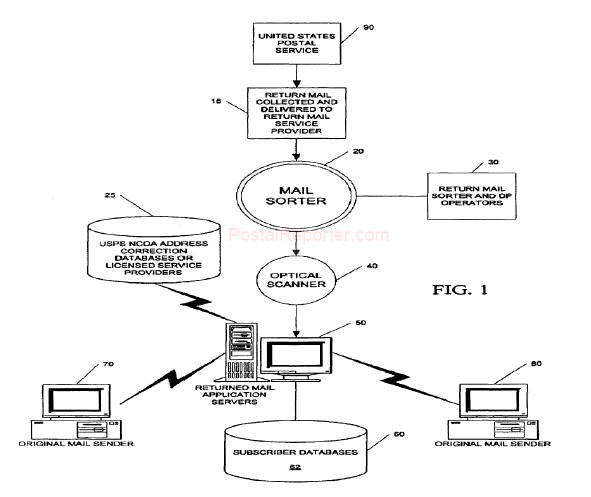The Supreme Court sided Monday with an Alabama technology company over the U.S. Postal Service in a patent dispute.
On Monday, the court sided 6-3 with Return Mail. Of the Postal Service’s arguments, Justice Sonia Sotomayor deadpanned in an opinion : “None delivers.”
Just as Return Mail thought it might be gaining the upper hand, the Postal Service switched tactics, using a 2011 law to challenge Return Mail’s patent. The Leahy-Smith America Invents Act says that a “person who is not the owner of a patent,” can file a patent challenge using the law. The Postal Service argued it counted as a “person” under the law, but the Supreme Court disagreed.

PostalReporter: According to the case filed
Return Mail, Inc. filed a lawsuit on February 28, 2011, against the federal government alleging that the United States Postal Service was using the company’s patented process for handling undeliverable mail without permission. The lawsuit sought compensation for unauthorized use of Return Mail’s patent.
Return Mail alleged in its complaint filed in the U.S. Court of Federal Claims that the Postal Service met with Return Mail at least five times to discuss licensing Return Mail’s invention. During those meetings, according to the complaint, the Postal Service learned the details of Return Mail’s invention and ultimately approved a pilot program to use it.
In its complaint, Return Mail alleged that instead of licensing and paying for the use of Return Mail’s invention, the Postal Service took Return Mail’s invention and used it to create its own address change service called OneCode Address Correction Service (or “OneCode ACS”). The Postal Service projected savings of hundreds of millions of dollars each year from this system — so much that the Postal Service announced that it would offer OneCodeACS to its customers at no charge in most cases. Return Mail’s complaint alleged that the Postal Service’s announcement destroyed Return Mail’s business, forcing it to lay-off most of its employees.
In April 2014, the USPS petitioned the PTAB for another review under a covered business method patent review of six of the claims.
In June 2014, the in Alice v. CLS Bank ruled that abstract ideas –which USPS claimed in its request for a review –implemented using a computer are not eligible for a patent. PTAB agreed and canceled Return Mail’s patent. By PTAB canceling Return Mail’s patent –it may also invalidate their lawsuit –currently pending in the US Court of Federal Claims–for USPS to pay infringement fees.
Return Mail, Inc. v. Postal Service – Supreme Court of the United States